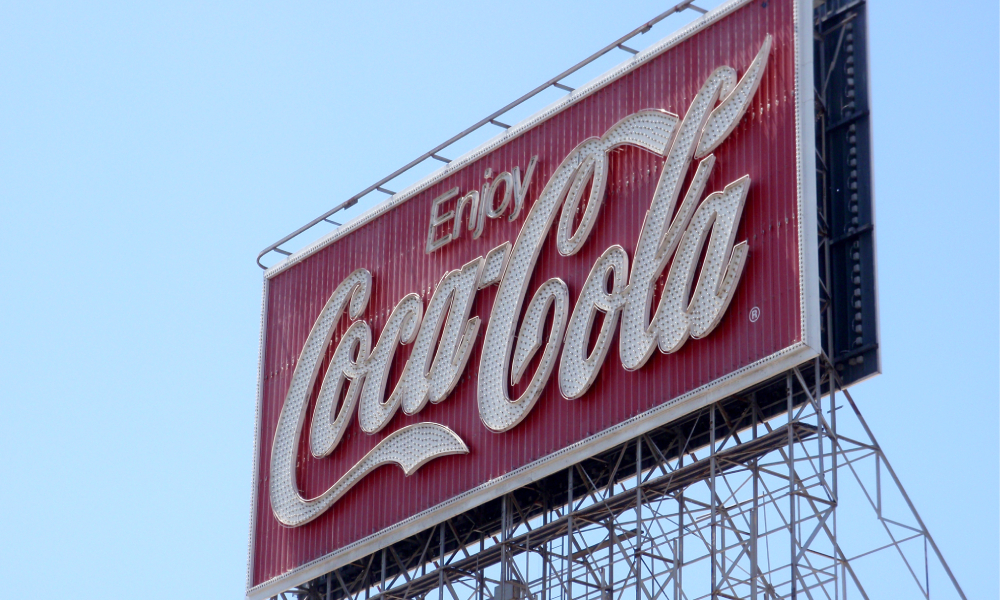
NZ has been the company’s ‘standout performer’ despite COVID-19

Coca-Cola Amatil NZ has announced it will repay its $7.2 million wage subsidy from the government after a strong trading period.
The global beverage company made the announcement in a market update provided to the ASX last week.
It described New Zealand as the “stand-out performer” of all Amatil regions at the end of 2020, despite a 30% drop in revenue during the country’s four-week lockdown.
“The performance of our New Zealand business has been outstanding and reaffirms its reputation as one of the best performing bottlers in the Coca-Cola System globally,” Amatil’s group managing director Alison Watkins said.
“As a result of the strength of our performance in this market, we believe it is appropriate to repay the New Zealand Government stimulus that we received during the peak of the pandemic and take this opportunity to thank the New Zealand Government for its support during a period of extreme uncertainty.”
The subsidy helped Amatil NZ to keep all staff members employed and paid at full wage.
In a statement provided to HRD, Chris Litchfield, managing director of Amatil NZ added: "We want to thank our customers for their partnership in 2020 and also to our wonderful staff who rolled with the challenges and kept us going.
"Their resilience has been inspirational. They are the reason we’re in a position to pay back the wage subsidy and keep our other commitments in 2020.”
Across the ditch, Australia also performed well during the Christmas period but state border closures continue to cause an increased volatility from month to month.
Amatil NZ is among a number of companies that have committed to repaying wage subsidies following better than expected growth.
In December, Ryman Healthcare announced it would repay the $14.2 million wage subsidy after being criticised for paying millions of dollars’ worth of dividends to shareholders.
The company initially said it wouldn’t repay the cash boost, saying it had spent more than double the amount on measures to protect staff and residents from COVID-19.
But critics argued that wasn’t the aim of the scheme, and after paying out $44m in first-half dividends, repaying the subsidy was the right thing to do.
New Zealand’s wage subsidy scheme has cost an estimated $14 billion but it has been instrumental in keeping many businesses afloat.
Infometrics senior economist Brad Olsen said compared to the GFC, New Zealand’s employers have been more innovative and fluid in how they reduced overheads in order to preserve staff.
Read more: NZ suffers jobs decline for first time in a decade
With the support of the wage subsidy, business have been able to decrease hours, restructure or redeploy staff rather than implement mass layoffs.
Olsen said this stood the country in a better position when it came to reopening venues and restarting the economy.